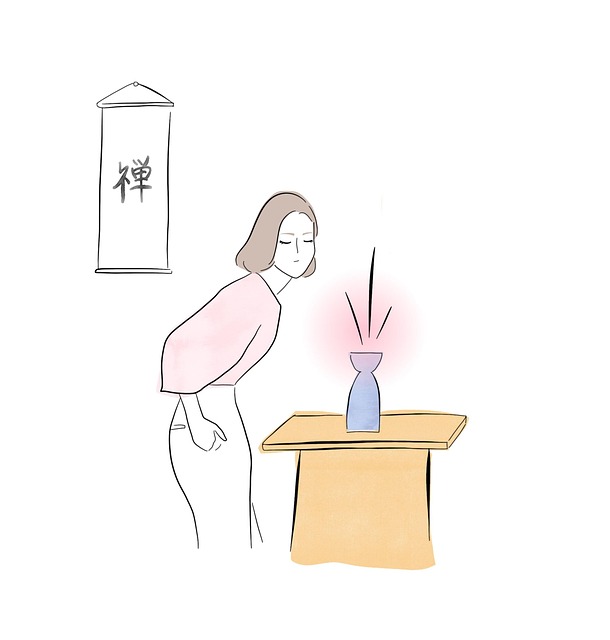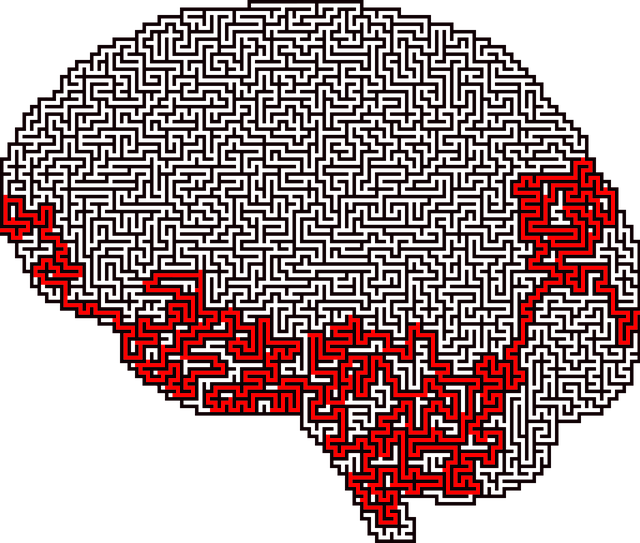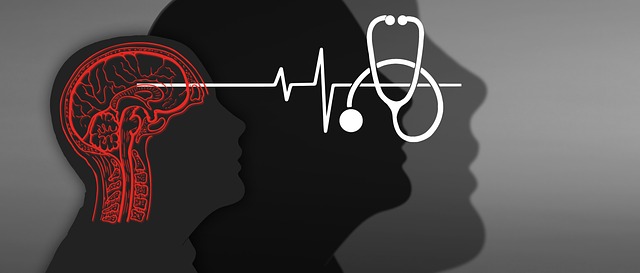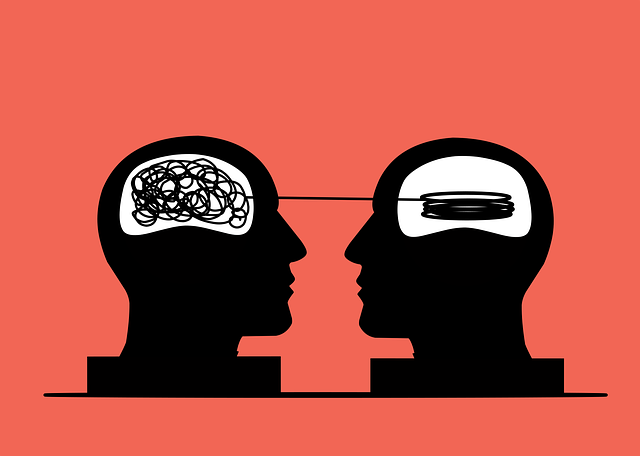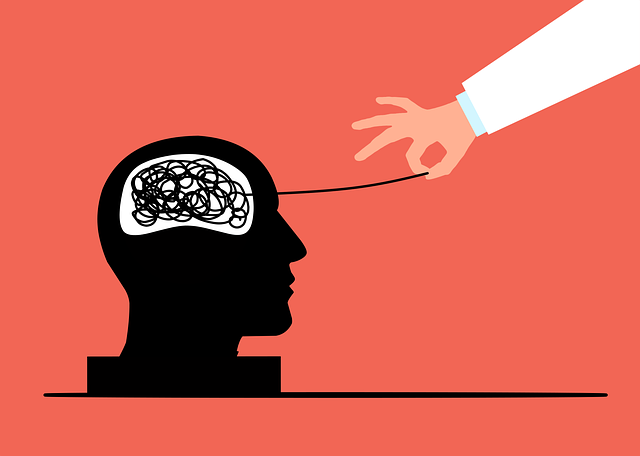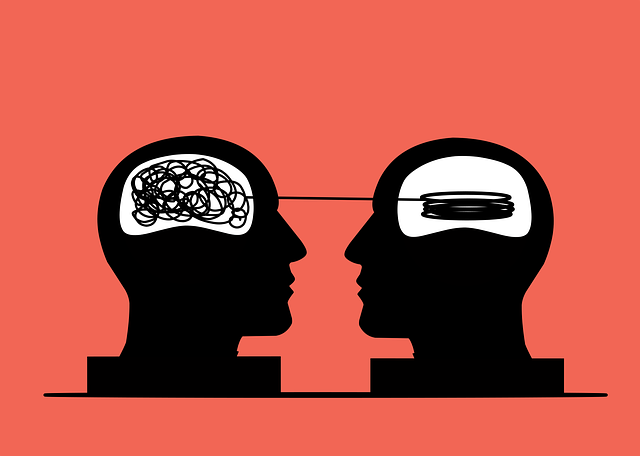In Lafayette, mental illness stigma hinders access to treatment for conditions like depression and anxiety. Lafayette Mindfulness Therapy (LMT) leads efforts to reduce this stigma through education, awareness campaigns, and a holistic support system integrating CBT, mindfulness, social skills training, and self-care practices. LMT's tailored approach empowers individuals, normalizes therapy, and fosters community, breaking down barriers to mental health care. A dual strategy of community educational initiatives and inclusive healthcare practices is essential to creating supportive environments that encourage individuals to prioritize their mental wellness.
Mental illness stigma remains a significant barrier to accessing treatment, with many individuals avoiding help due to fear of judgment. This article explores strategies to reduce this harmful perception, focusing on Lafayette Mindfulness Therapy as a holistic approach that cultivates understanding and acceptance. We delve into the barriers preventing people from seeking aid and present effective methods for fostering inclusive communities and healthcare settings. By examining these aspects, we aim to empower individuals and dispel myths surrounding mental health.
- Understanding Stigma: Barriers to Seeking Help
- Lafayette Mindfulness Therapy: A Holistic Approach to Mental Health Support
- Strategies for Reducing Stigma in Communities and Healthcare Settings
Understanding Stigma: Barriers to Seeking Help

Stigma surrounding mental illness often acts as a significant barrier to individuals seeking help and support. Many people struggling with their mental health avoid reaching out due to fear of judgment, discrimination, or societal ostracization. This internalized shame can be particularly detrimental, especially in communities where open discussion about mental wellness is not encouraged. As a result, conditions like depression, anxiety, and bipolar disorder may go untreated, leading to increased suffering and potential complications.
For instance, in smaller towns like Lafayette, where connections are often tighter-knit, individuals might worry about how their mental health struggles will be perceived by peers and community members. This concern is not unfounded; historical misconceptions and misinformation have contributed to a culture of silence around mental illness. Thus, initiatives aimed at Mental Illness Stigma Reduction Efforts must include education and awareness campaigns that promote understanding and empathy. By fostering an environment where seeking therapy or support for stress management is normalized, Lafayette Mindfulness Therapy can play a pivotal role in breaking down these barriers and encouraging those in need to take the first step towards recovery.
Lafayette Mindfulness Therapy: A Holistic Approach to Mental Health Support

Lafayette Mindfulness Therapy takes a holistic approach to mental health support, focusing on the interconnectedness of mind, body, and spirit. This comprehensive strategy includes various therapeutic techniques such as cognitive-behavioral therapy (CBT), mindfulness meditation, and social skills training to empower individuals in managing their mental well-being. By integrating Self-Care Practices into their programs, the organization ensures that participants develop sustainable coping mechanisms for stress management.
Through interactive workshops and personalized guidance, Lafayette Mindfulness Therapy helps clients build resilience and improve overall quality of life. Their tailored approach caters to diverse needs, making mental health support accessible and effective. Moreover, by fostering a sense of community through group sessions, the organization aims to reduce the stigma surrounding mental illness, encouraging open conversations and nurturing supportive environments.
Strategies for Reducing Stigma in Communities and Healthcare Settings

Reducing stigma associated with mental illness is a collective effort that requires strategies tailored for communities and healthcare settings alike. In communities, educational initiatives play a pivotal role in fostering understanding. Workshops and awareness campaigns can help dispel myths and misconceptions about mental health, encouraging empathy and support. Incorporating topics like self-care practices and stress reduction methods into these programs can further empower individuals to recognize their own mental well-being.
Healthcare settings, such as those offering Lafayette Mindfulness Therapy services, have a unique opportunity to model inclusive care. Healthcare professionals should advocate for open conversations about mental illness, ensuring patients feel safe and supported. Implementing patient-centered approaches and integrating self-care initiatives within treatment plans can significantly contribute to stigma reduction efforts. By creating environments that promote healing and understanding, communities and healthcare providers can work together to break down barriers and encourage individuals to seek the help they need.
Mental illness stigma reduction is a multifaceted effort that requires both individual and collective action. By understanding the barriers to seeking help, as discussed in this article, we can begin to dismantle the obstacles that prevent many from accessing vital support. Lafayette Mindfulness Therapy offers a promising holistic approach, demonstrating that alternative treatment methods can significantly enhance mental health outcomes. Furthermore, implementing strategies for reducing stigma in communities and healthcare settings is essential to fostering an inclusive environment where individuals feel comfortable seeking assistance without fear of judgment. Together, these efforts can contribute to a more compassionate and supportive society for those navigating mental illness.

